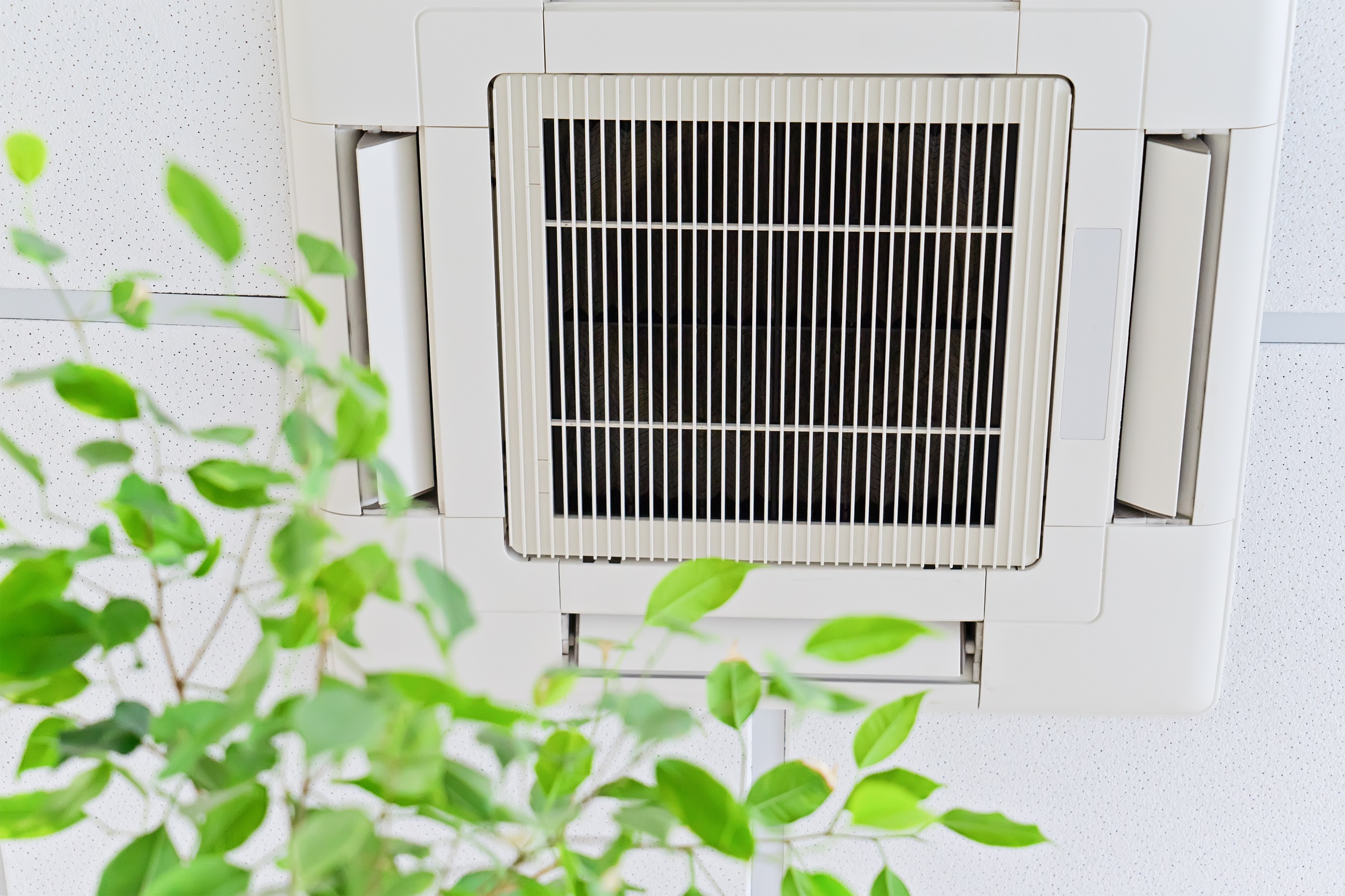
Recent weather conditions have promoted rampant mould growth across Australia’s Eastern States, infiltrating businesses and homes, prompting health concerns and internal structural issues for buildings.
Mould spores can spell double trouble for building owners trying to do the right thing by their clients and employees.
ServiceFM’s air purification specialist Dr Mike Woodrow said inadvertent inhalation of airborne mould spores could be an invisible killer, while particles settling onto walls and ceilings can be both unsightly and damaging to a building’s internal structures.
“Weather conditions across Australia have really led to rampant mould growth in both workplaces and homes,” Dr Woodrow said.
“I think we all know what that looks like. It’s a discolouration, sometimes visible mould growth and, also, that musty smell.
“Mould’s really just a type of fungus that grows on surfaces and replicates through mould spores in the air which produces quite significant health challenges for our workplaces.”
Humid weather, flooding or ceiling leaks can promote mould growth and Dr Woodrow said taking note of the warning signs is critical:
- Discolouration on the walls or ceilings.
- Visible mould growth
- Musty smells in damp or poorly ventilated spaces.
The air purification specialist said the health ramifications promoted by mould’s presence in a building are many but often start with respiratory challenges, such as watering eyes, congested sinuses, coughing, breathlessness and/or wheezing.
“The airborne spores can trigger nasal irritation, coughing, wheezing, it can trigger asthma and allergic reactions. That’s especially important in the young, the aged, anywhere people are immune compromised or if there’s an underlying respiratory condition,” Dr Woodrow said.
“I think this is especially important to us as employers as we have a duty of care to provide a safe workplace for our team.”
Prolonged exposure to mould can also have dramatic consequences on the nervous system, causing headaches, rising blood pressure, along with causing loss of memory or concentration lapses.
Other issues associated with rampant mould growth can include rashes, fatigue, constipation, diarrhoea, and bladder irritability.
Dr Woodrow said ventilation is critical in preventing mould, with the provision of air purification in buildings, which has become prominent as anti-COVID-19 measure during the pandemic, now becoming an expectation.
“Ventilation is a critical aspect for the control of mould in a workplace,” Dr Woodrow said.
Comment below to have your say on this story.
If you have a news story or tip-off, get in touch at info@incleanmag.com.au
Sign up to INCLEAN’s newsletter.




